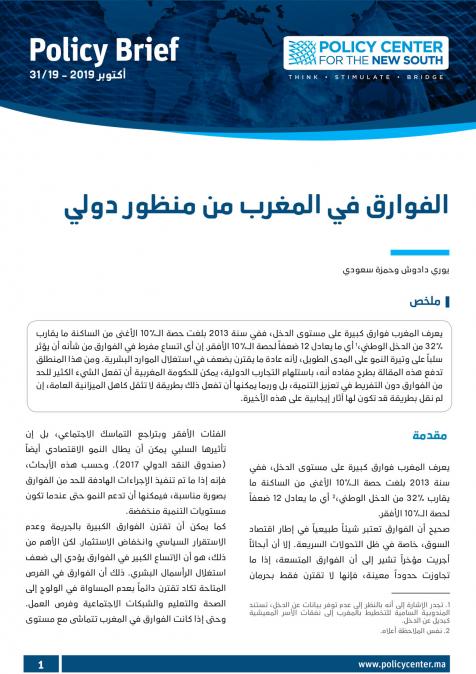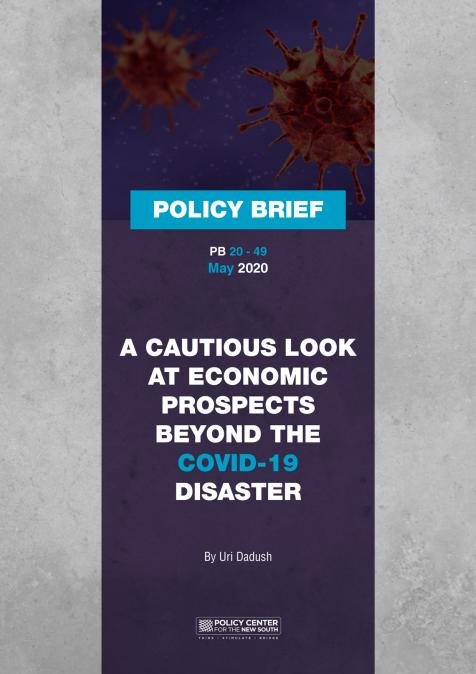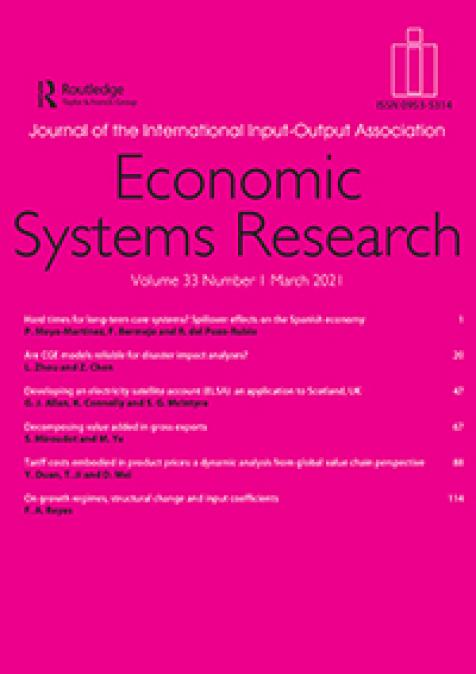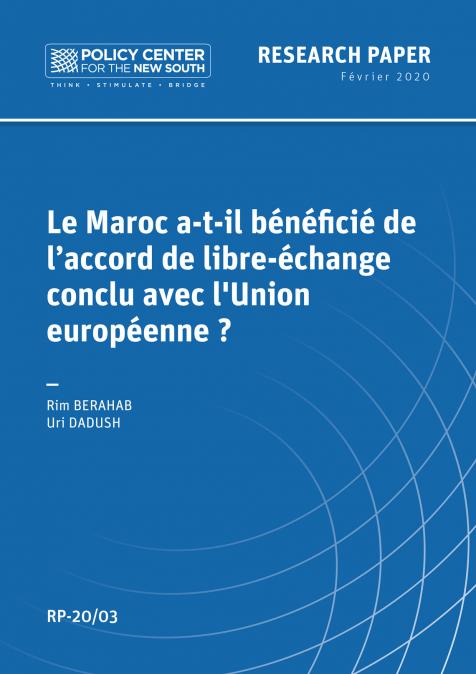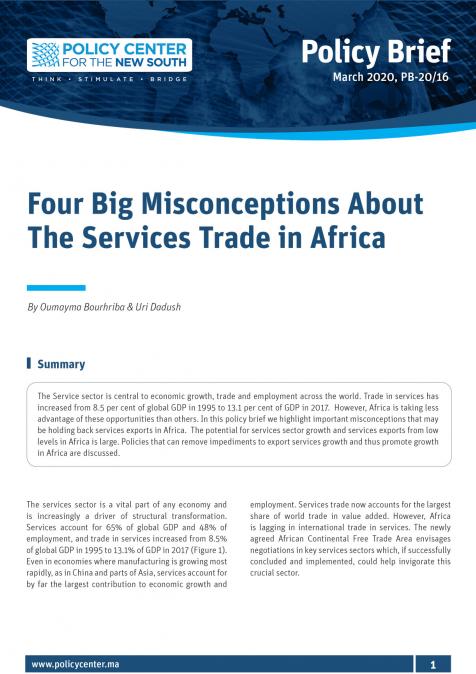Publications /
Policy Brief
Policy Brief
الفوارق في المغرب من منظور دولي
October 9, 2019
يعرف المغرب فوارق كبيرة على مستوى الدخل، ففي سنة 2013 بلغت حصة الـ%10 آٔلغىن من الساكنة ما يقارب %32 من الدخل الوطين، 1أي ما يعادل 12 ضعفا لحصة الـ%10 آٔلفقر. إن أي اتساع مفرط في الفوارق من شأنه أن يؤثر سلبا على وتيرة النمو على المدى الطويل، ألنه عادة ما يقترن بضعف في استغالل الموارد البشرية. ومن هذا المنطلق تدفع هذه المقالة بطرح مفاده أنه، باستلهام التجارب الدولية، يمكن للحكومة المغربية أن تفعل اليشء الكثير للحد من الفوارق دون التفريط في تعزيز التنمية، بل وربما يمكنها أن تفعل ذلك بطريقة ال تثقل كاهل الميزانية العامة، إن لم نقل بطريقة قد تكون لها آثار إيجابية على هذه الأخيرة

